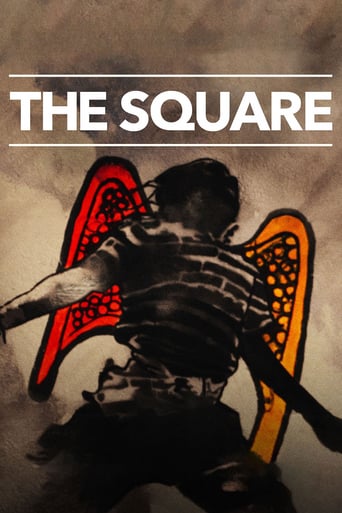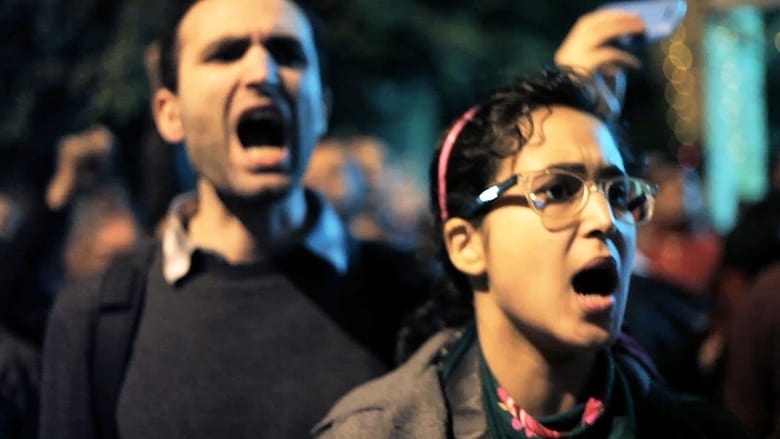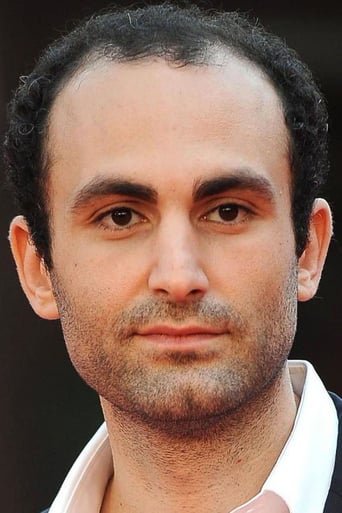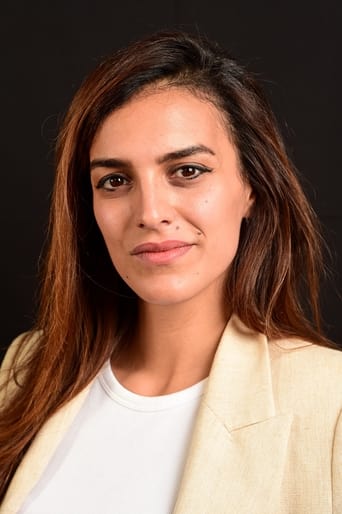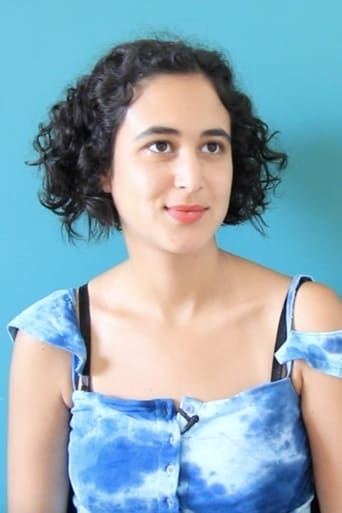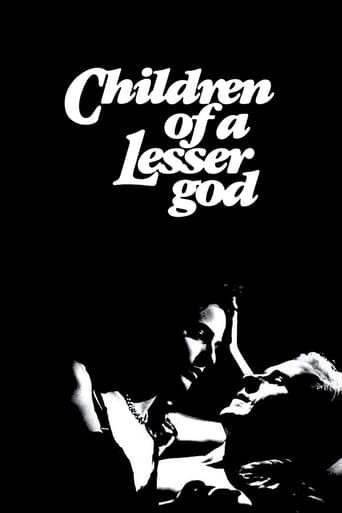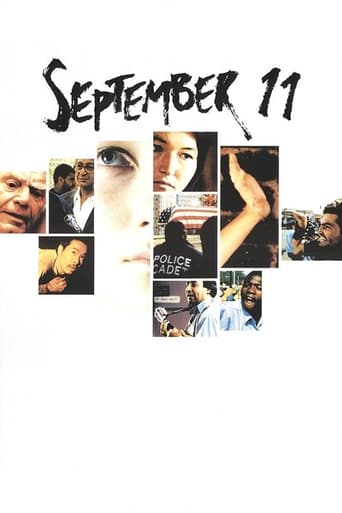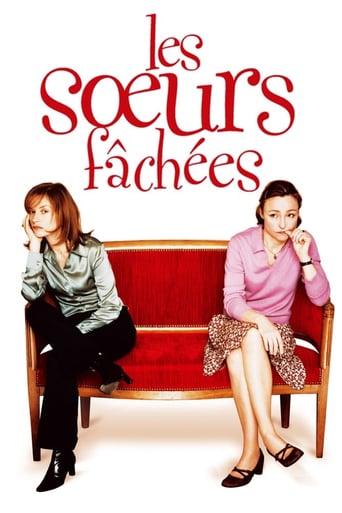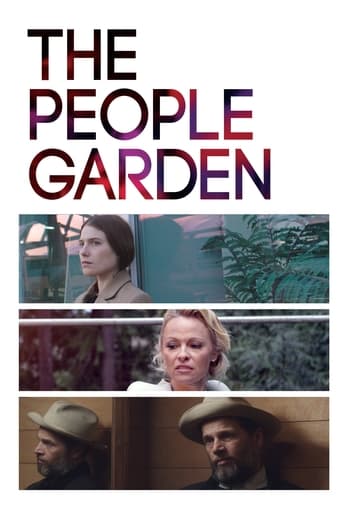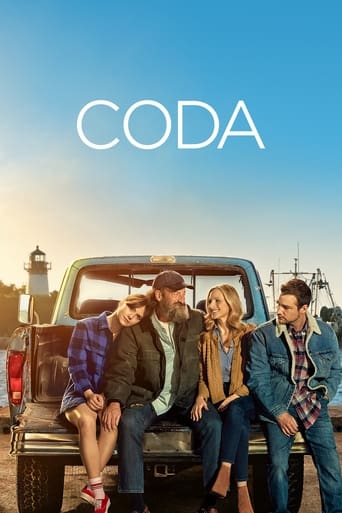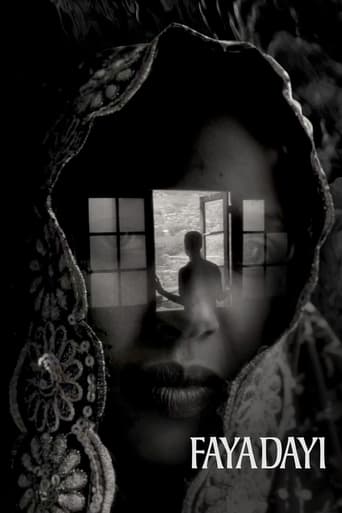The Square (2013)
The Square looks at the hard realities faced day-to-day by people working to build Egypt’s new democracy. Cairo’s Tahrir Square is the heart and soul of the film, which follows several young activists. Armed with values, determination, music, humor, an abundance of social media, and sheer obstinacy, they know that the thorny path to democracy only began with Hosni Mubarak’s fall. The life-and-death struggle between the people and the power of the state is still playing out.
Watch Trailer
Cast
Similar titles

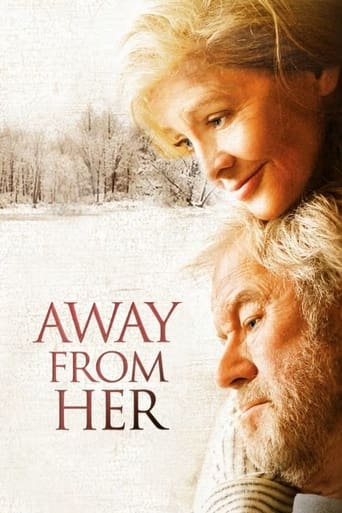


Reviews
Simply Perfect
I wanted to but couldn't!
It's simply great fun, a winsome film and an occasionally over-the-top luxury fantasy that never flags.
The film's masterful storytelling did its job. The message was clear. No need to overdo.
In the beginning of this film I felt a sense of overwhelming joy for the protesters for their accomplishments...but then the real revolution begins again and again. Being a U.S. citizen, where life and circumstances aren't nearly as bad as I thought after watching the first 15 minutes of this film, it is important to be aware of the struggles around the globe that go on to ensure the things we may take for granted. After the first round of protesting was over, I thought there would be reasons for the protesters to celebrate. Although, that was not the case. The protests seemed to dig a deeper hole for the revolutionaries. But they didn't give up...the people of Egypt never lost sight of their purpose and to fight for what they believed in...freedom! They have outstanding hope and integrity. I believe what they are experienced is horrible and they will overcome the tragedy and mistreatment and ruling. They will have their freedom
A group of Egyptian revolutionaries battle leaders and regimes, risking their lives to build a new society of conscience.The Chicago Tribune described this film as "A compelling inside look at the cascading series of revolutions and counterrevolutions that have shaken Egypt since the beginning of 2011." Further, the Washington Post called it "elegantly shot and structured, but infused with rough, spontaneous energy; global in its consciousness but intimate in its approach; carefully pitched but emotionally wrenching; deeply troubling but ultimately exhilarating." I am not going to disagree with either of those assessments. The film is important and impressive for how it mixes the local and the international. No film up for an Oscar this year has more importance than this one, as it shows the spark that triggered the Arab Spring. But it also gets to the details, showing the factionalism, and mixed opinion on the Muslim Brotherhood and military.Foreign affairs are challenging for Americans, and it is easy to lump Egyptians into one category in our minds. We may each have a different label, but few of us really know what life in Egypt is like. This film takes us there, presenting a political process and democracy that is just as vibrant -- in some ways more so -- than in the United States.Aside from the film itself, there is also the interesting distinction that this is the first Oscar nominee distributed by Netflix, as well as the first funded by Kickstarter. Neither of these things should have a bearing on the way we (or awards shows) see the content, but it offers a message that the way films are financed and distributed is changing rapidly. Thanks to streaming internet, more people can see this film today (February 2014) than they ever could before.Because of its global importance, this film has every right to the Oscar. And if winning means even more people see it, I hope that happens. But it will be an uphill battle, as "Act of Killing" seems to be the front runner. Regardless, any film that lets Americans see the rest of world as it sees itself is well worth spreading.
Director Jehane Noujaim delivers a riveting documentary with "The Square,"which manages to powerfully convey the chaos, complexity, and inherent dangers of a Revolutionary movement. The film boldly provides a perspective unattainable by journalists, and the activity recorded from 2011 to 2013 captures the passion and defiance of a movement first hand. The fight for a democratic Egypt is far from over, which is part of what makes the film so dynamic and riveting. "The Square" is a documentary that traces the events of Egypt's Tahrir Square protests beginning in early 2011 when millions of people took to the streets to demand the removal of President/Dictator Hosni Mubarek, who held power for 30 years. However, when Mubarek is overthrown, the army steps in to temporarily take over the countries affairs, but does not follow through with their promises to its citizens. After a free and fair election, the military fascist dictatorship is essentially replaced by a religious fascist dictatorship under President Morsi of the Muslim Brotherhood. Once again, the protesters unite and return to the Square to face a violent military oppression. It's a harrowing narrative of people twice betrayed: once by the army and again by militant Islamists who insist on a constitution based on religion instead of secularism. Noujaim tells the story primarily through focusing on three activists, all of whom are friends. A charismatic, young artist named Ahmed Hassan, a British accented actor- turned activist Khalid Abdalla ("United 93"and "The Kite Runner"), and a family man Magdy Ashour, who is a member of the Muslim Brotherhood who finds his loyalties to his friends tested. The film's storyline follows the revolutionaries through the euphoria of victory, followed with the uncertainties and dangers while under military rule that threatens the politics of democracy. "The Square" documents the promise and hope of a better future at the beginning, but by the end, you are left with an overwhelming sense of opportunities lost. While a more detailed back story of political maneuvering would have provided welcome context, its implications for the future are extraordinary. The revolution is a work in progress, a rebellion against an oppressive regime, and a call to arms for true democratic ideals. Informative international media outlets are few, and international news rarely generates much interest in the US. Ever more so it's the courageous filmmakers recording history with hand-held cameras that are filling the void.
I'd followed the stories in the news and used the timelines and animations on the New York Times website to put events in order and try to understand what was happening in Egypt, but documentary film making in the last several years has presented itself as an invaluable opportunity for human connection where newsprint, blogging and television news broadcasts fall short. These are the faces of the people involved with the revolutionary movement in Egypt. The faces that you can watch, second by second, as the emotion in their faces evolve from shock, to understanding, to rage, to determination. In place of a pretty girl whose makeup and hair has just been done, reading off of a sheet of paper, perhaps tripping over the pronunciation of some words, you have Ahmed, Magdy, Khalid, Dina, and Ramy running or standing resolute in Tahrir Square as first Mubarek, then the military regime, then Muslim Brotherhood supporters try to crush, depress, or manipulate the cause of the Egyptian people gathered there.It is such a vital, clarifying experience to put faces to the numbers, names, and body count reports and to see the people of Egypt as their struggle was documented, to understand that their world does not disappear after the two hour film is finished and the credits roll. That world is not far away. It is here. We are all living here. It is inaccurate to think of a group of individuals in a movement, or a political or religious group and negate the fact that the individual precedes the group as an existence. Even in a group or country that staunchly identifies itself as a group and not as individuals. Each conscious mind is brought up being taught this value and this belief, but no mind is above self-actualization and self-awareness that recognizes that your love, your interests, your source of empowerment and inspiration are unique to you and are realized at different times in each lifetime. This conflict is shown most clearly in Magdy, a member of the Muslim Brotherhood, which supports his family and his way of life and has done for decades, who also sympathizes with the words of his friend Ahmed, a revolutionary, who calls out the Brotherhood for making deals with the military to assume power. What may have taken a man 60 years to internalize may take another man just 10 or 20. Our minds are unique, but that doesn't mean we aren't connected, that we aren't capable of empathy and recognizing that despite our differences we come from the same place. Billions of light refractions that are all part of the same light. When a large amount of these refractions come together to form one shaft of light another realization is illuminated in the history of human evolution. A new way to live, an actualization of a possibility. These innumerable possibilities coexist, but nothing changes until we decide to focus our light on them, to open our eyes and move from observer to arbiter... http://funkyforestfirstcontact.wordpress.com
